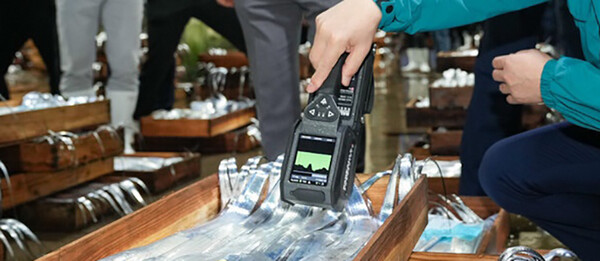Polluted Water Discharges and Fisheries in Jeju

The release of contaminated water from the Fukushima nuclear plant is making the fisheries industry and residents in Jeju nervous. On September 14, 2023, radioactive contaminated water from Fukushima was released, and there are plans to release contaminated water three times until March 2024. Japan went ahead with it, and the East Sea and Jeju Island, which are close to Japan, will be affected by the discharge of contaminated water in what way.
In response to this concern, Jeju has activated radiation testing in the production and distribution of seafood. On November 13th, 2023, Jeju announced that the results of these inspections showed that all radiation test results were found to be acceptable. In addition, Jeju has been designated as a seafood safety village by the government. As a result, all seafood produced by fish farms and fishing communities in the Jeju region are certified as safe from radiation and have been issued a 'Certificate of Designation as a Seafood Safety Management Village' by the government.
Polluted water discharges affect South Korea beyond Jeju. Indeed, the release of radioactively contaminated water regularly wastes public funds and manpower required for distribution and management, and regardless of whether the release of contaminated water affects seafood or not, it destabilizes the psychology of the Koreans, who consume a lot of seafood compared to other countries, and makes them feel afraid.
Due to the release of radioactively contaminated water, Jeju is actively inspecting the seafood distributed and sold on the island and is currently not using Japanese seafood in school lunches to avoid any possible risks. It is encouraging to see that Jeju has organized scheduled festivals related to seafood and is working to ensure that the fishing industry does not stagnate.

